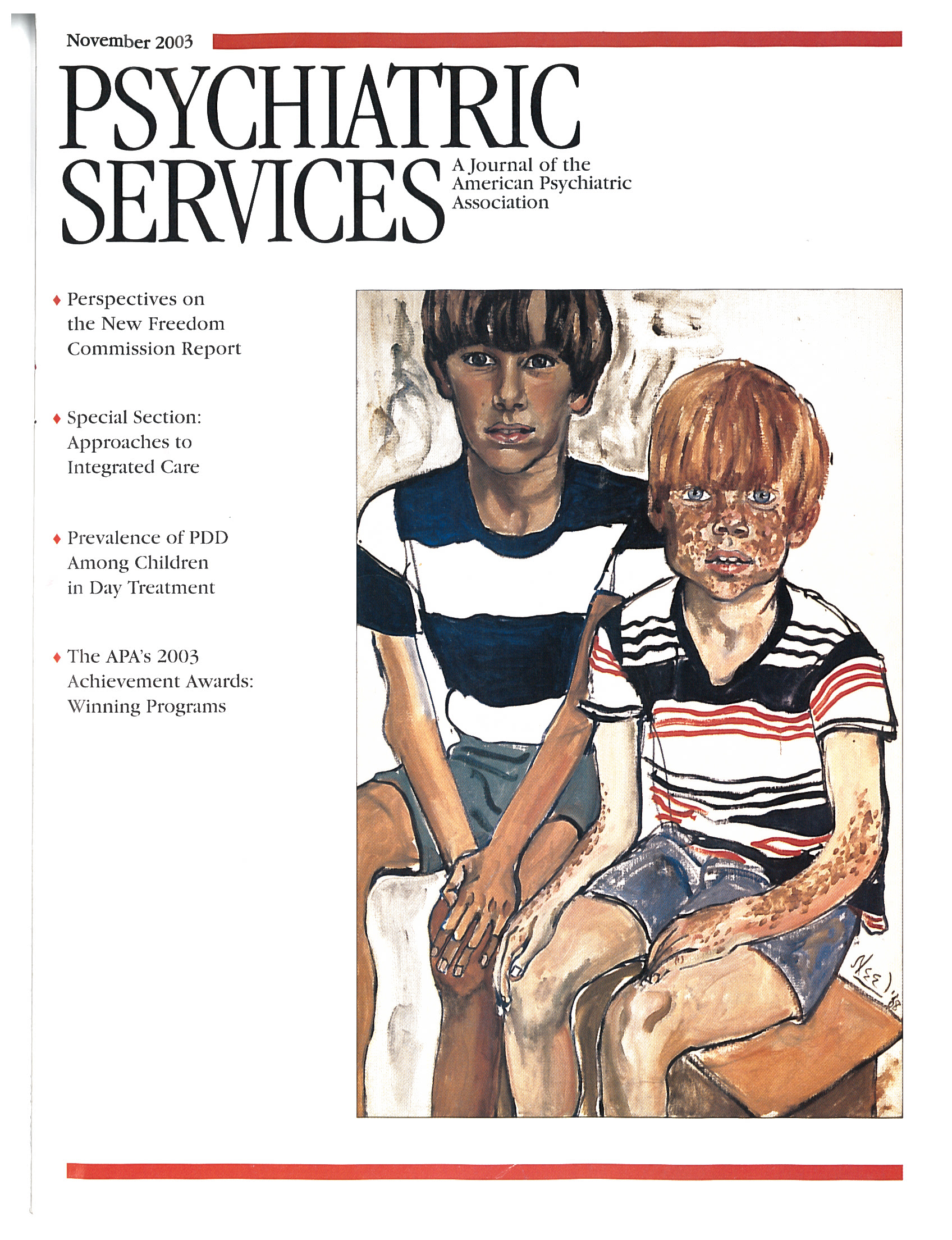Integration of Care: Integration of Behavioral and Physical Health Care for a Medicaid Population Through a Public-Public Partnership
Abstract
This article documents a unique organizational, legal, and financial partnership between a state, a university, a Medicaid managed health care plan, and a county to provide integrated mental health, substance abuse, and primary and specialty health care services to Medicaid, low-income, and indigent consumers in Washtenaw county, Michigan. Major regulatory, financial, and clinical changes were required within and among the various partners in the Washtenaw County Integrated Health Care Project. A new entity—the Washtenaw Community Health Organization—was created to implement the project. By sharing resources as well as financial risks, the state, the county, and the university have been able to provide ongoing integrated care to a vulnerable population of patients. Although resource intensive in conceptualization and implementation, the project can be viewed as a model for other states that face growing needy populations and decreasing Medicaid budgets.



